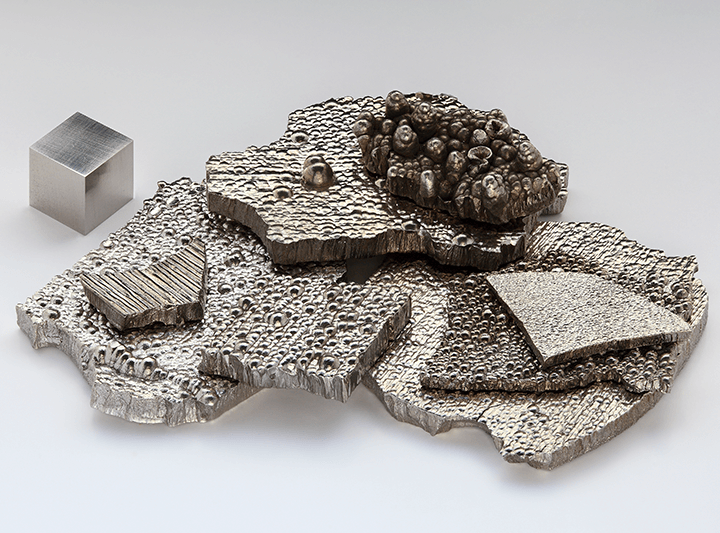- +033 2572 7171
- info@dhanvantary.com

4.5 Rating | 4500 Review

4.5 Rating | 4500 Review
Cobalt is a vital trace mineral and a key component of vitamin B12 (cobalamin). It serves as a cofactor in the synthesis of the thyroid hormone known as thyroxine. Cobalt is required in small quantities alongside vitamin B12. Recent studies have indicated that cobalt is essential for the production of blood cells, contributing to the optimal functioning of all cells within the body.

Additionally, it plays a crucial role in the formation of hemoglobin and the maintenance of healthy red blood cells. Cobalt is fundamental for the body's overall health and is involved in various physiological functions, including the metabolism of carbohydrates and fats. It also facilitates the conversion of folate into its active form and aids in protein synthesis.
Cobalt enhances the overall functioning of the body in conjunction with vitamin B12, which is vital for the health of the nervous system and metabolic processes.
It assists in the body's absorption of iron.
Cobalt contributes to maintaining a healthy cardiovascular system by lowering homocysteine levels, which can damage arterial walls and lead to arteriosclerosis.
It supports the repair of the myelin sheath, the protective covering around nerve axons, which is essential for the proper conduction of nerve impulses. Therefore, cobalt is beneficial in the treatment of sclerosis, where this sheath is compromised.
A deficiency in cobalt can result in the abnormal development of red blood cells, leading to macrocytic anemia. Other complications associated with insufficient cobalt intake include shortness of breath and impaired thyroid function.
Animal proteins serve as the primary sources of cobalt. Foods such as meat, kidneys, liver, oysters, mussels, fish, and shellfish are known to contain significant levels of cobalt. Additionally, milk provides a sufficient amount of this mineral. Certain mushrooms also offer small quantities of cobalt. In contrast, most fruits and vegetables lack cobalt, with the exception of cabbage, legumes, spinach, lettuce, figs, and turnips. This discrepancy explains the prevalence of cobalt deficiency among vegetarians. Consequently, individuals following a non-vegetarian diet are less likely to experience cobalt deficiency.
Overconsumption of cobalt can result in the overproduction of red blood cells, increased blood volume, and anemia. Therefore, it is advisable to maintain a balanced diet that includes a variety of nutrients rather than focusing on a single nutrient. High levels of cobalt may also negatively impact male fertility. Furthermore, excessive intake can lead to damage to the heart muscles and thyroid glands.
Cobalt is crucial for the proper absorption of vitamin B12. However, there are no specific recommended daily allowances for cobalt itself, as its intake is generally linked to the requirements for vitamin B12.
